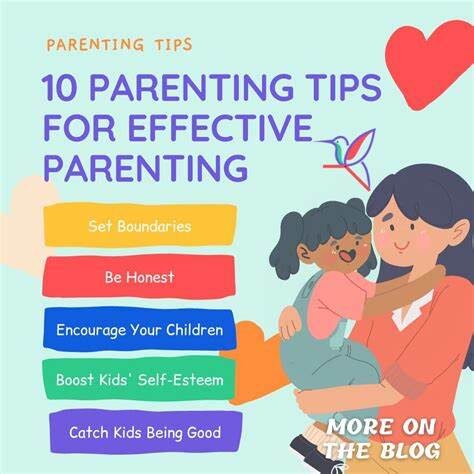The toddler years – a whirlwind of exploration, newfound independence, and, let’s be honest, occasional tantrums.

Read More: Eugenics in Medicine: How Science Perpetuated Racism
It’s a period of rapid development and can be both incredibly rewarding and undeniably challenging for parents. If you’re currently navigating this exciting phase, you’re not alone! Here are some helpful tips to keep in mind:
Understanding Toddler Development:
Before diving into specific tips, it’s crucial to understand what’s happening developmentally. Toddlers are:

Read More: 5 Healthy Habits to Transform Your Life
- Developing independence: They want to do things “by myself!” which can lead to power struggles.
- Learning language: Their communication skills are rapidly expanding, but frustration can arise when they can’t express themselves fully.
- Exploring their world: Everything is new and exciting, leading to constant movement and curiosity.
- Experiencing big emotions: They feel things intensely but lack the emotional regulation skills to manage them effectively.
Practical Tips for Everyday Parenting:
With these developmental milestones in mind, here are some practical tips to help you navigate the toddler years:
1. Embrace Routine and Consistency:

Read More: Meditation: The Benefits of Meditation
Toddlers thrive on predictability. Establishing consistent routines for meals, naps, and bedtime provides a sense of security and helps minimize meltdowns.
2. Offer Choices (Within Limits):

Read More: The Benefits of Forest Bathing: How Nature Therapy Can Improve Your Well-being
Giving your toddler choices empowers them and reduces power struggles. Instead of asking “Do you want to get dressed?”, try “Do you want to wear the blue shirt or the red shirt?”.
3. Use Positive Language and Encouragement:

Focus on what your child is doing right rather than constantly pointing out their mistakes. Praise their efforts and celebrate their successes, no matter how small.
4. Redirect Instead of Saying “No”:

Instead of simply saying “no” to an undesirable behavior, try redirecting their attention to something else. If they’re climbing on the furniture, offer them a climbing toy or suggest playing outside.
5. Prepare for Transitions:

Transitions can be tough for toddlers. Give them warnings before moving from one activity to another. For example, “In five minutes, we’re going to put away our toys and get ready for lunch.”
6. Offer Age-Appropriate Activities:

Provide opportunities for your toddler to explore and learn through play. This could include building blocks, puzzles, art supplies, or outdoor activities.
7. Model Good Behavior:

Children learn by observing the adults around them. Be mindful of your own behavior and reactions, as your toddler is watching and learning.
Remember:
- Every child is different: What works for one toddler may not work for another. Be patient and flexible, and find what works best for your child.
- This phase is temporary: The toddler years can be challenging, but they also fly by quickly. Cherish the moments and celebrate the milestones.
Parenting a toddler is a wild ride, but it’s also an incredibly rewarding experience. By understanding your child’s developmental needs and implementing these tips, you can create a positive and nurturing environment for them to thrive.

